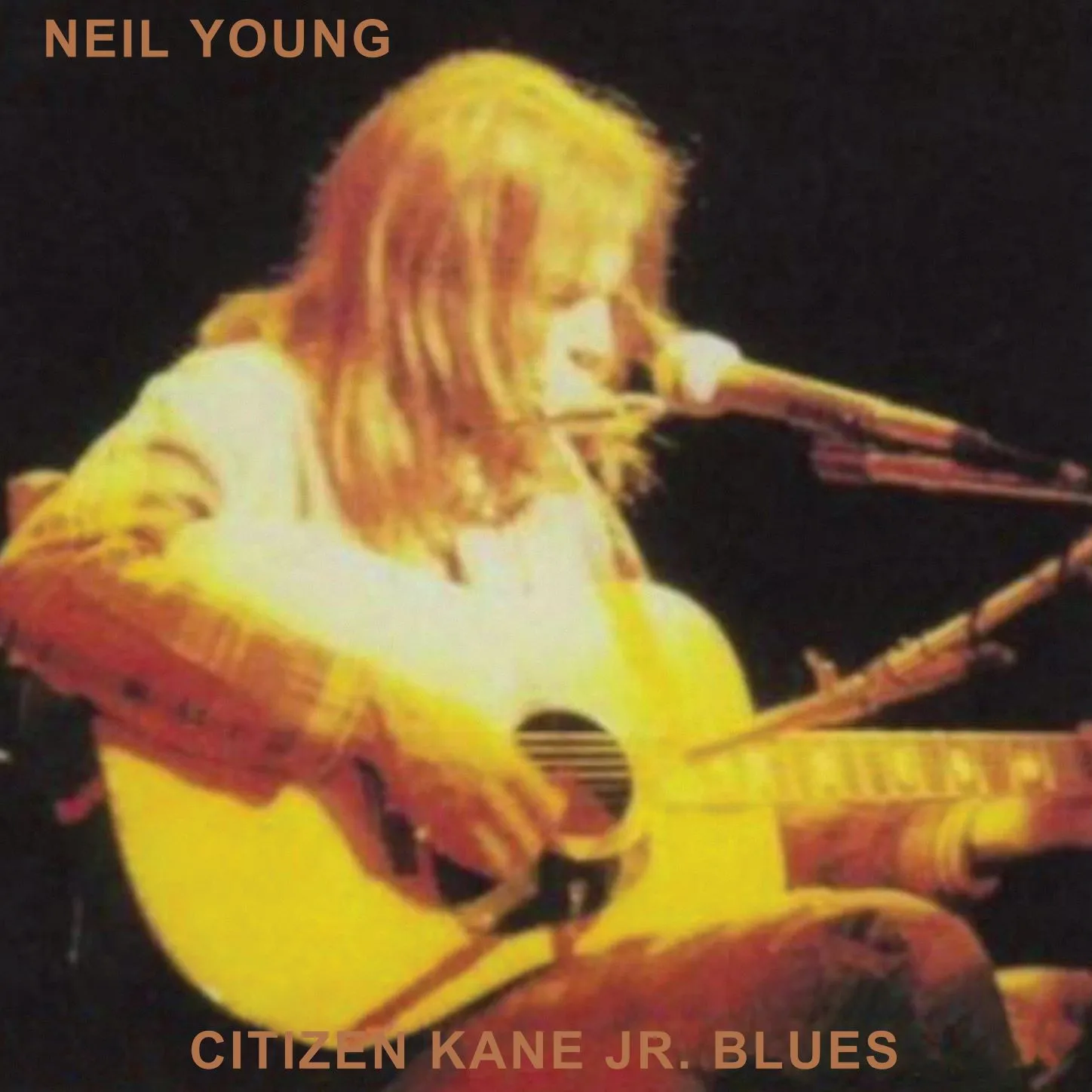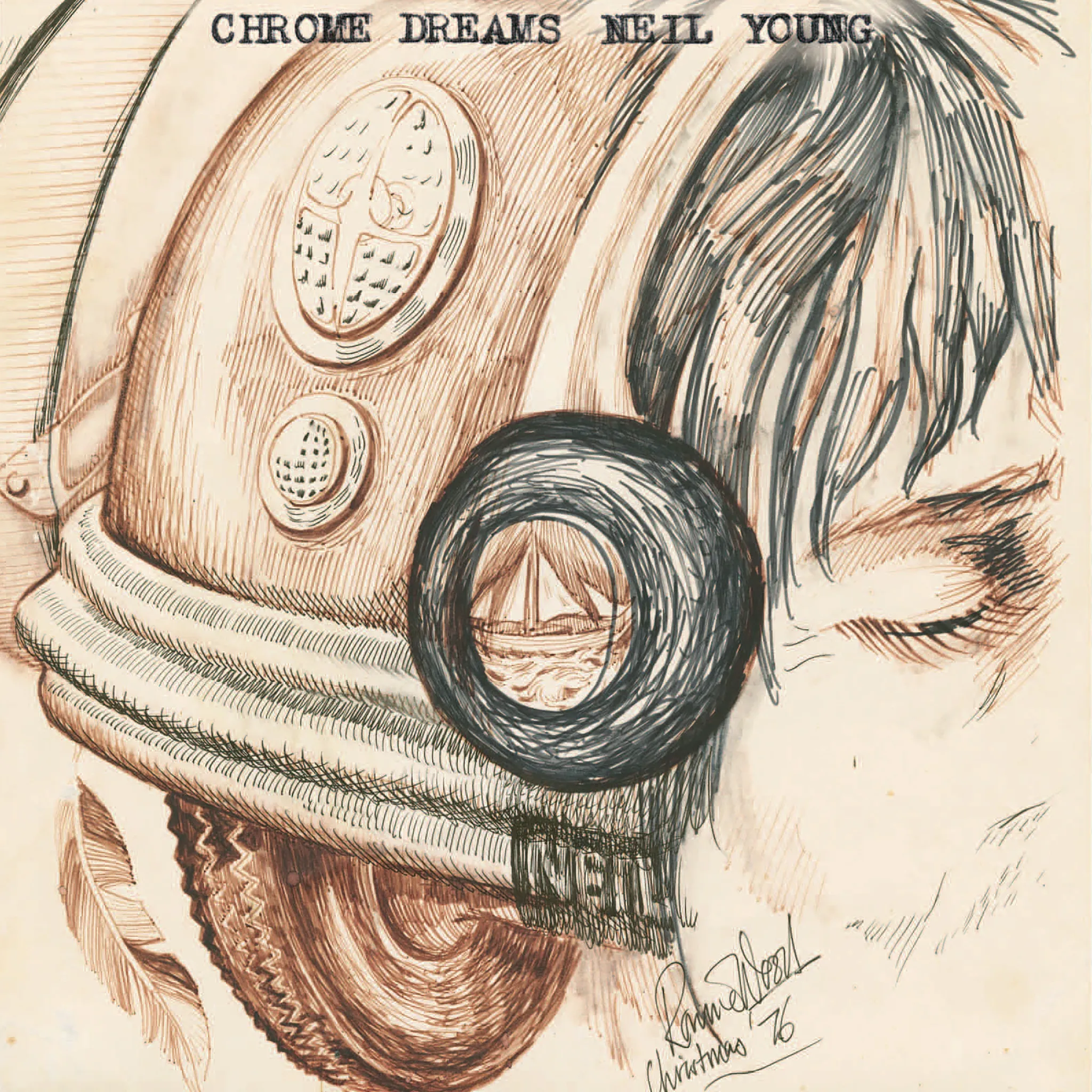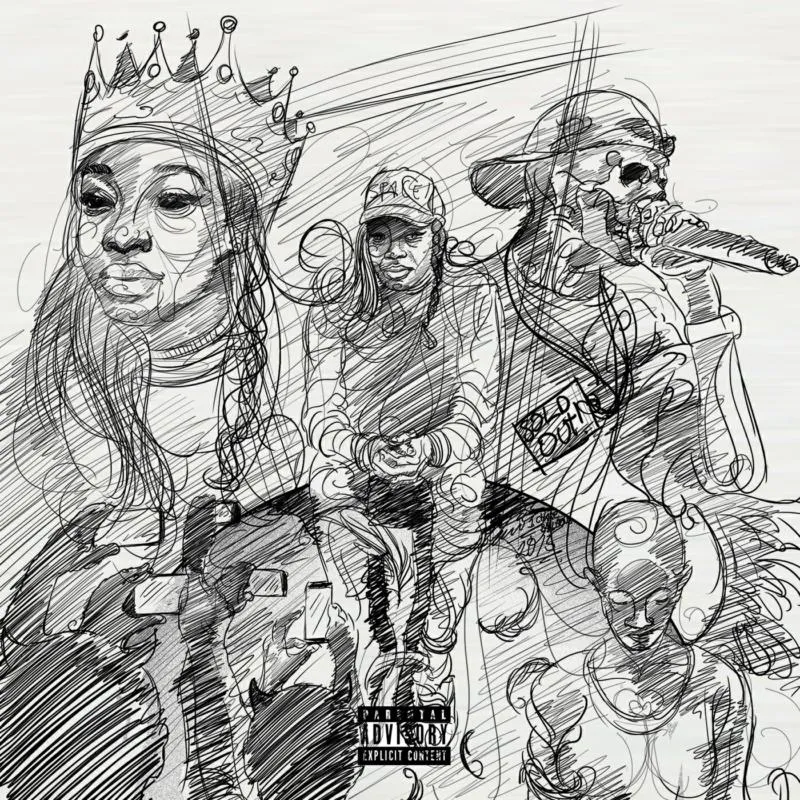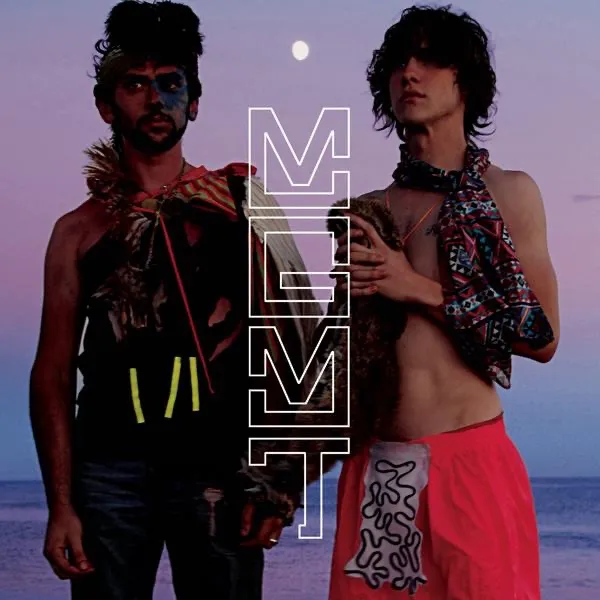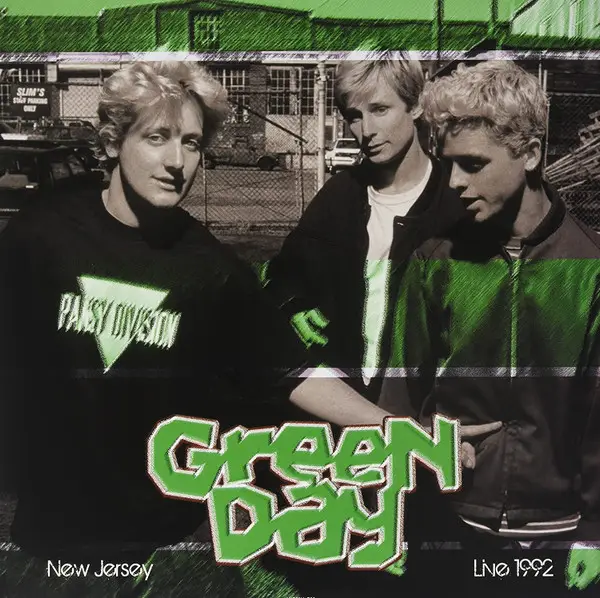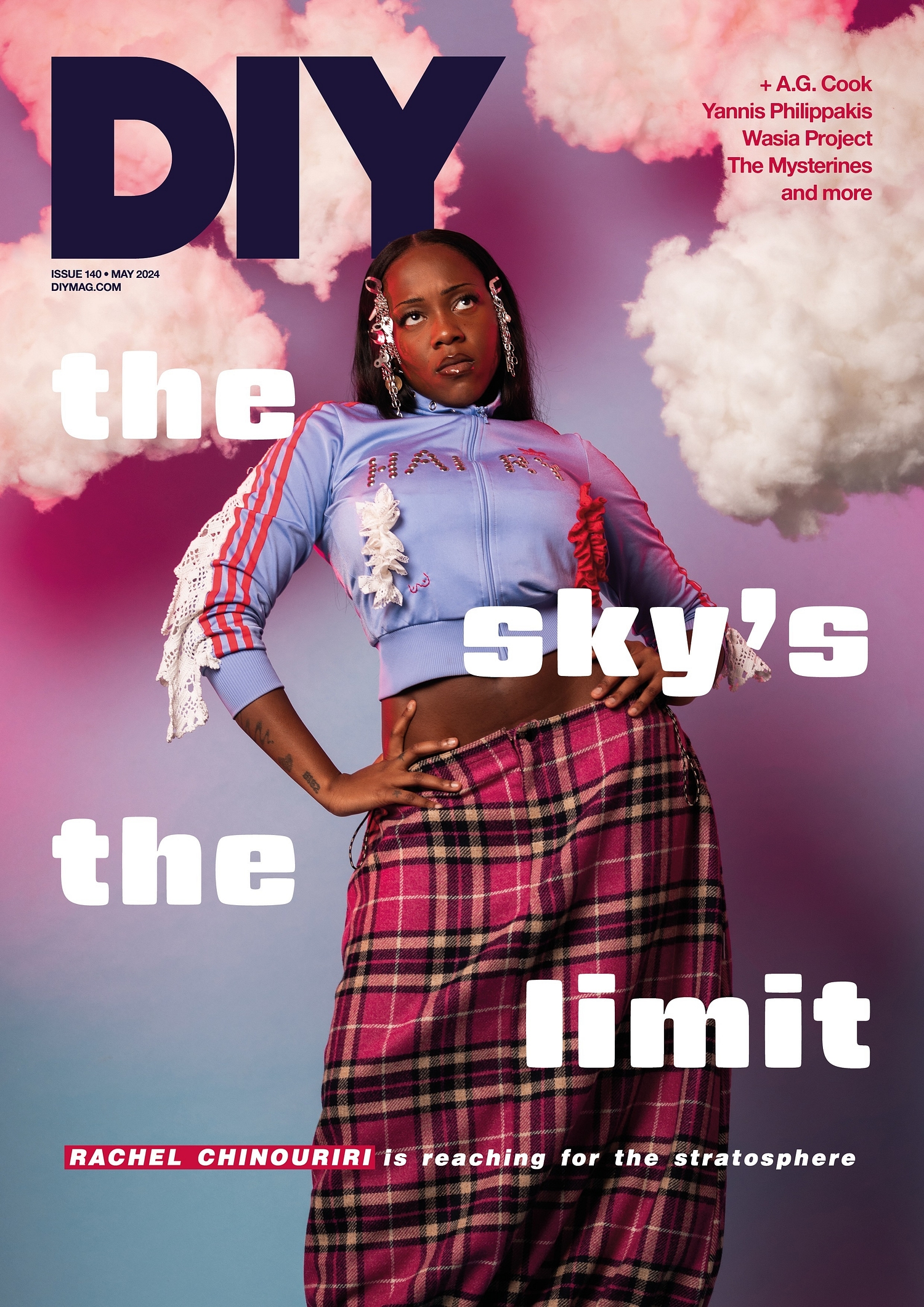Live Review
Final Fantasy, Union Chapel
Taking into account the widely received, boho, adhesive, ill-bathed aesthetic of most gig venues, the Union Chapel is a rare spectacle.
Taking into account the widely received, boho, adhesive, ill-bathed aesthetic of most gig venues, the Union Chapel is a rare spectacle. In the place of fibrous, huddled concentrations of fans, creating increasingly mired positions of view, is a comfortably uniform system of pews, in which the majority will secure a seat and, as minimum, a passable sight of the stage. The infinite, impossibly corrugated line for the bar, meanwhile, an odyssey all unto itself, is replaced with an accordingly jovial queue for tea and other hot beverages. In short, the typical ambience found in such settings, one that is often qualifying, even empowering, to 12-year- olds who wear their hoods up indoors, is precluded by a composed, perhaps disorientating maternal embrace. Concurrently, the hall is suited only to a particular variety of performers; those who do not perturb the intrinsic pantheism exuded here.
It is a calm extorted amiably by Sam Amidon and Nico Muhly, under the moniker Nico and Sam’s Variety Hour. As folk music with a somewhat contrary, restless inseam, the set elects to facilitate fragments of sound and arrangement as opposed to adherence to a coherent form of songs, underscoring the latent emotion periodically conveyed. As such, banjos, guitars, a portmanteau of classically-inclined instruments, assured, steadfast vocals and a crude western demure create, in effect, some degree of rhythmic psychosis, delineating “Harlem in the 1920’s”, to be revealed as “a scene from the film “Malcolm X””, ditzy Irish song by virtue of an initial contortion of the violin and, at one trajectory, a summoning of “angelic voices” through guitar melody, the divine vocal assistance of Beth Orton. Though discernibly thinning in pretence at times, the music is, nonetheless, a testament to unique, collected composition, a character that is retained throughout. Such is the combination of unfettered instrumentation and lucid, interpretive visual representation of the stories purveyed by the pair. The result is a restful, almost narcotic resonance.
A resonance from which we are roused immediately by Owen Pallett, as Final Fantasy. The stage presence is indefatigably economical, adorned only by a keyboard, guitar and incomplete percussion, though precisely in step with the proclivity of the music and, vaguely, the responsible demeanour it requires. The setup, as such, is quickly established as capable of its task. The tenuous, sonic synth of the opening ‘E for Estranged’, for instance, is the subject of impeccable replication in person, while the percussion, though limited, adapts to a phantom affinity to operatic composition. A strategic selection of songs old and new are played, constituting a marriage of the unhinged discussion of the internet and its foppish companions in 2005’s ‘Has a Good Home’ and 2006’s ‘He Poos Clouds’, and an altogether uncharted orientation. Hence, the opener is followed by the infamous domestic dispute of ‘This Lamb Sells Condos’, granted a new, buoyant quality by the predominant replacement of keys with strings and the paltry human whistle. It becomes clear that the novelty of the Final Fantasy live show is the curiosity of Owen Pallett’s virtuoso handle on his violin. Countless, inverted uses are seen, the most enthused of which is shouting into it to create the recorded notion of distortion and internment on the urgent ‘49 MP’. The use of loops is equally dextrous, arming ‘He Poos Clouds’ and ‘That’s When the Audience Died’.
The songs of latest album ‘Heartland’, moreover, though markedly more contemporary in their execution, are translated here in their absolute capacity by the seemingly restricted instrumental range. Despite narrating the times of a principally aggressive, brusque farmer, the songs convey varying themes, from confusion to unabated frivolity, each no less palpable through the mediums of a single keyboard and Pallett’s pervasive vocal command. ‘Lewis takes Off His Shirt’, in particular, with locomotive, ruminating keys and a predilection of reluctance, is greatly improved by the boundless width of the venue, succeeding an absurdly cheerful description of Lewis’ wanton acts of violence in ‘Lewis Takes Action’. As the encore’s seminal ‘This is the Dream of Win and Regine’ dissipates, the impression that the music of Final Fantasy is entirely at home at the Union Chapel, creating an inexorably inimitable performance, collects itself.
